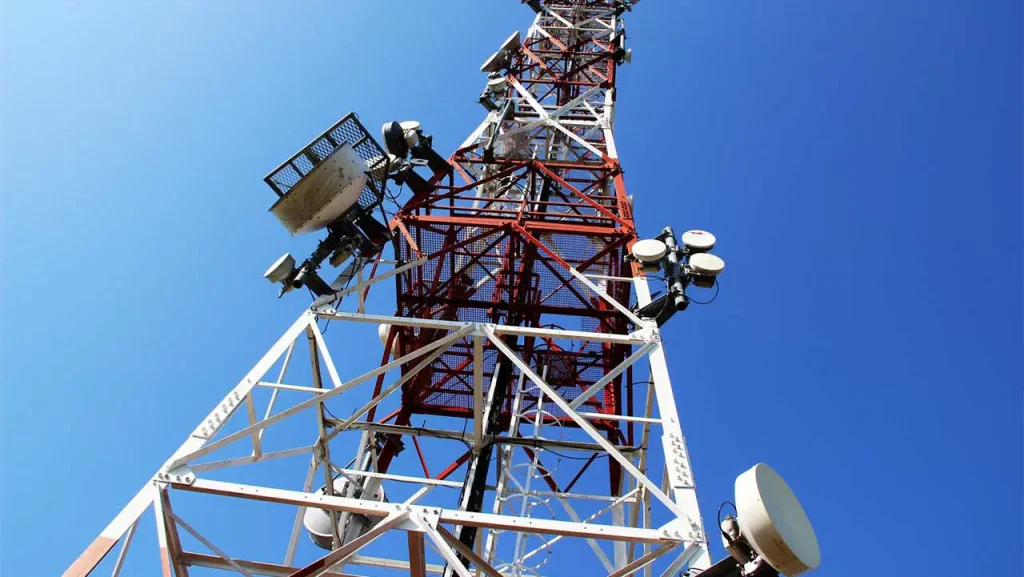The Federal Government of Nigeria is working to address pressing issues threatening the sustainability of the nation’s telecom sector, aiming to ensure connectivity for all Nigerians. This move follows the submission of an interim report on the sector’s sustainability by KPMG, which will inform decisions regarding the long-standing issue of tariff reviews.
Dr. Bosun Tijani, Minister of Communications, Innovation, and Digital Economy, received the report, which is expected to make recommendations on the telecom operators’ call for a tariff increase. These operators have raised concerns that the current tariff structure poses a significant threat to the sector’s long-term viability.

Tijani expressed the government’s commitment to balancing the sustainability of the telecom sector with ensuring universal connectivity. “We are working to find a balance between sustainability and ensuring meaningful connectivity for our people,” Tijani stated, reaffirming the government’s goal to provide internet access as a fundamental human right for all Nigerians.
In a recent interview on Arise TV, the minister explained that the government is exploring medium-to-long-term solutions to the operators’ tariff increase demands. The KPMG study aims to identify the challenges facing the telecom sector and outline the necessary support from the government. Tijani emphasized that while the tariff debate is central, other factors must also be addressed to ensure the competitiveness and growth of the industry, such as the need for government investment in digital infrastructure.
Telecom operators in Nigeria have been urging the Nigerian Communications Commission (NCC) to approve a tariff increase to help alleviate rising operational costs. MTN Nigeria’s CEO, Karl Toriola, recently highlighted that the telecom industry is facing a sustainability crisis due to inflation, foreign exchange devaluation, and rising energy costs. Toriola pointed out how the cost of diesel has surged from N230 per litre pre-COVID to over N1,000 per litre, while the devaluation of the Naira has sharply increased the cost of importing essential infrastructure, like base stations, which now cost nearly four times as much as they did two years ago.


